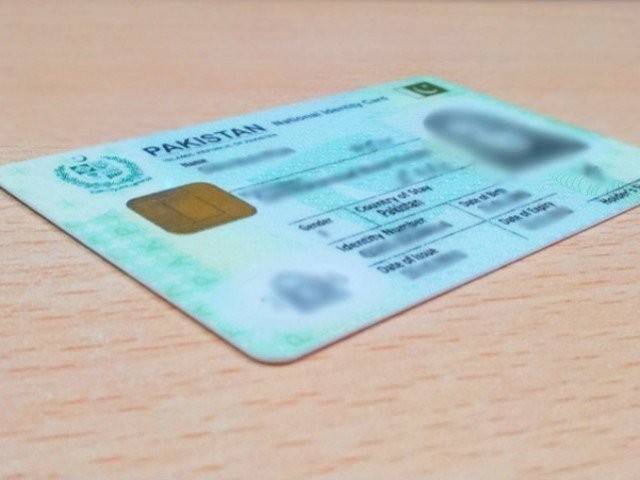The Ministry of Health and the National Database and Registration Authority (NADRA) are joining strength to launch a digital health system throughout the country that links medical records with national identity cards.
The initiative, called ‘One Patient One ID’, will use the Computed National Identity Card (CNIC) of an individual as its permanent medical registration number (MR), accessible in health facilities throughout the country.
The Plan was reviewed at a meeting chaired by Federal Minister of Health Mustafa Kamal and the president of the NADRA, Lieutenant General Mohammad Munir Afar.
“There is currently no appropriate data system for patient records in Pakistan,” Kamal said. “Now, the CNIC will act as the MR number throughout the country.”
He added that the measure is expected to improve medical care and expand telemedicine services. “Doctors and medications will reach people in their homes through telemedicine,” said Kamal, underlining the growing role of digital medical care.
The minister also emphasized that the pressure on the main hospitals is increasing, with 70% of patients who avoid local clinics and basic health units.
He asked for better decentralized systems to administer the growing demands and medical care of the country.
In addition, the decision has been welcomed as a historical reform by the medical community and research of the country.
The Health Research Board (Healthrab) described the measure as a “historical milestone” for medical care data in Pakistan.
Professor Abdul Basit, an outstanding diabetologist and president of Healthrab, praised the Federal Minister of Health, Mustafa Kamal and the president of the Nadra, the Muhammad Munir gene, related to what he called a “visionary and changing movement of the game” for the health sector of Pakistan.
“By declaring the CNIC as the universal medical registration number, Pakistan is leiving to integrated and patient -centered care,” said Professor Basit.
He pointed out that the system would help detect non -diagnosed cases, particularly silent diseases such as diabetes and hypertension, while improving evidence -based policies.
Professor Basit emphasized the importance of this digital health integration for research and disease surveillance. “For the first time, we can build real -time databases for chronic conditions and lifestyle related,” he said, he added that he would strengthen preventive and primary care by facilitating pressure on large hospitals.




